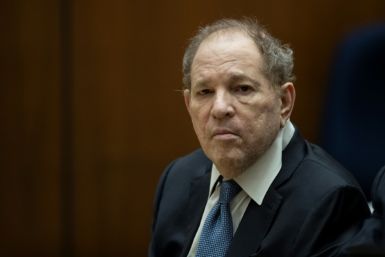ACT govt extends holidays of shift workers, declares Dec 25 as public holiday
ACT shift workers are now set to celebrate Christmas Day with their loved ones as the ACT government officially declared that December 25, which falls on a Saturday, is a public holiday.
The decision was handed down following the active campaign of the Australian Council of Trade Unions (ACTU) to nationalise the public holiday across the Australian states and territories, in order for all workers to enjoy the company of their respective families during the long Christmas break.
ACT Industrial Relations Minister Kathy Gallagher said that the government declaration should give workers the opportune time to observe the stretched holiday breaks with their families as she noted that December 27 has been declared too as a public holiday.
Ms Gallagher said that those who would opt to work on Christmas Day must be given due compensation, which would be facilitated by the latest government act, as she added that ACT authorities were also motivated by earlier moves from New South Wales, the Northern Territory, Tasmania and Western Australia governments in declaring December 25 as a public holiday.
The government move, however, elicited disappointment from the ACT Chamber of Commerce as the business organisation bemoaned that the declaration would lead to significant cost to business operations in the territory.
Chamber chief executive Chris Peters said that the decision would bring forward some form of dilemma for business operators, where they would be discouraged to operate on Christmas Day but would still be required to pay legislated salaries.
On the other hand, Mr Peters said that business operators engage in the service sectors would be technically compelled to service two days of penalty rates since they cannot close down on both public holidays as hotels and restaurants are essential shops for the whole stretch of holiday period.
The ACT Chamber of Commerce said that the government declaration would cost the territory's business operators alone several million-dollars in additional expenses while the ACT government is set to shoulder up to $400,000 in extra payment costs for public workers.






